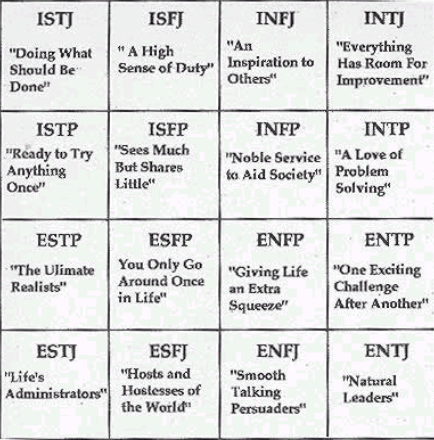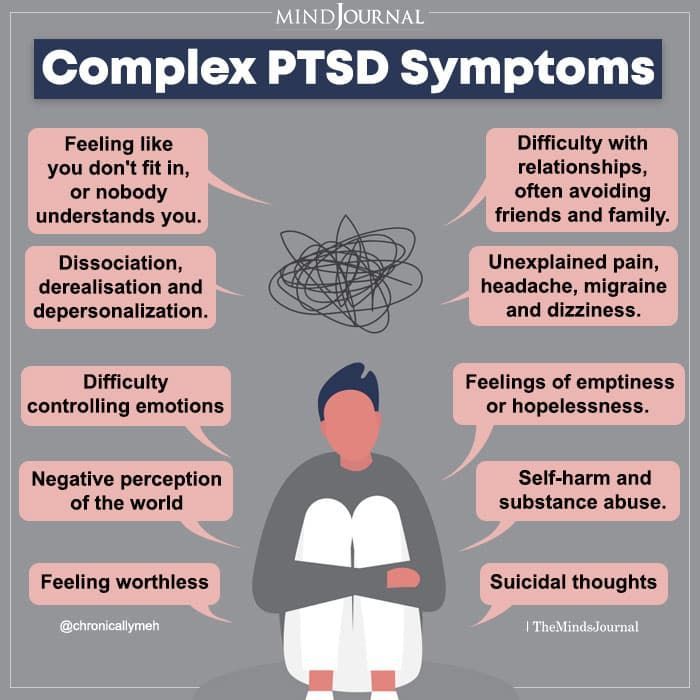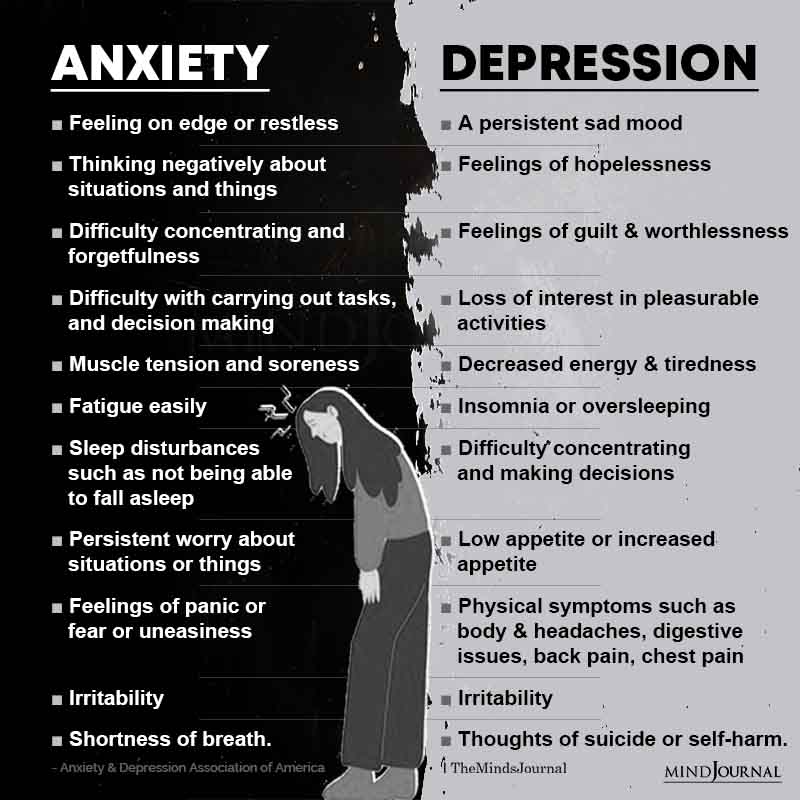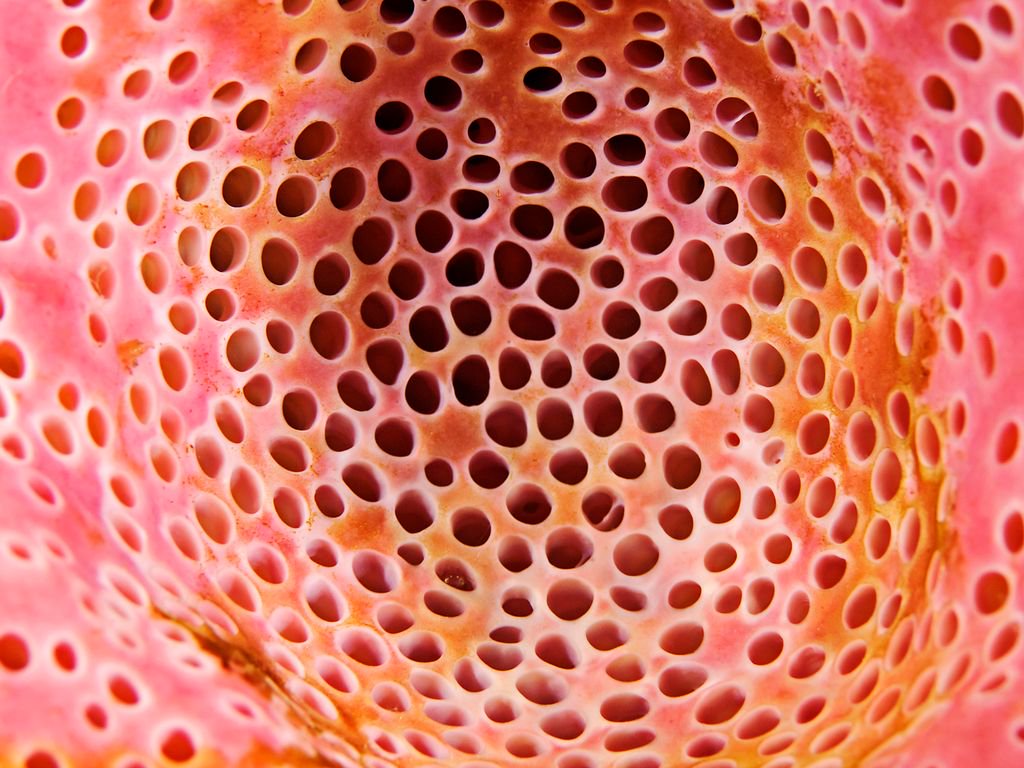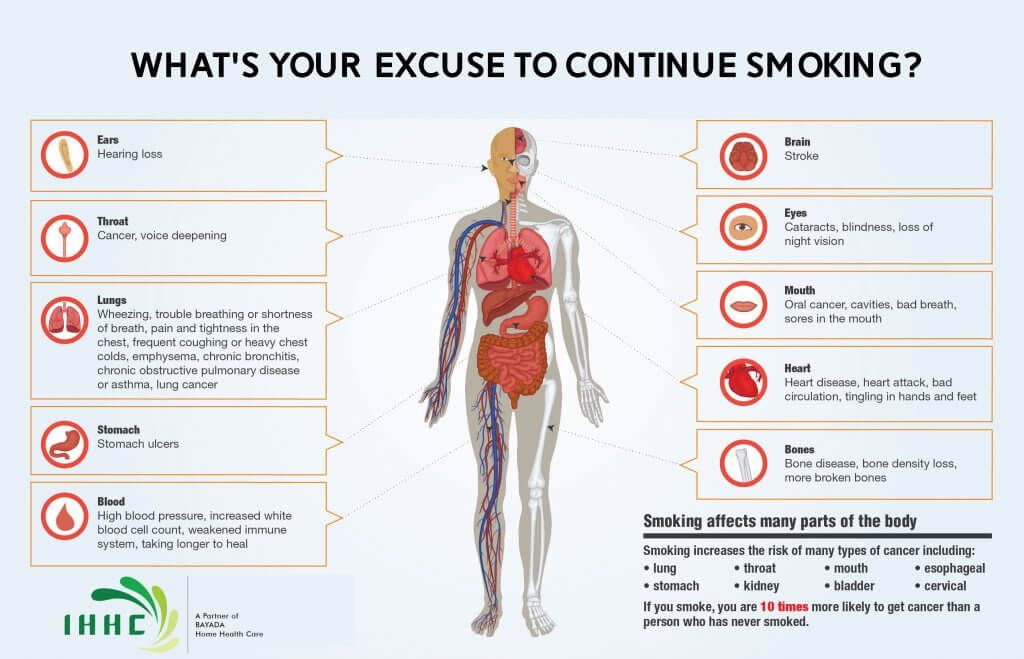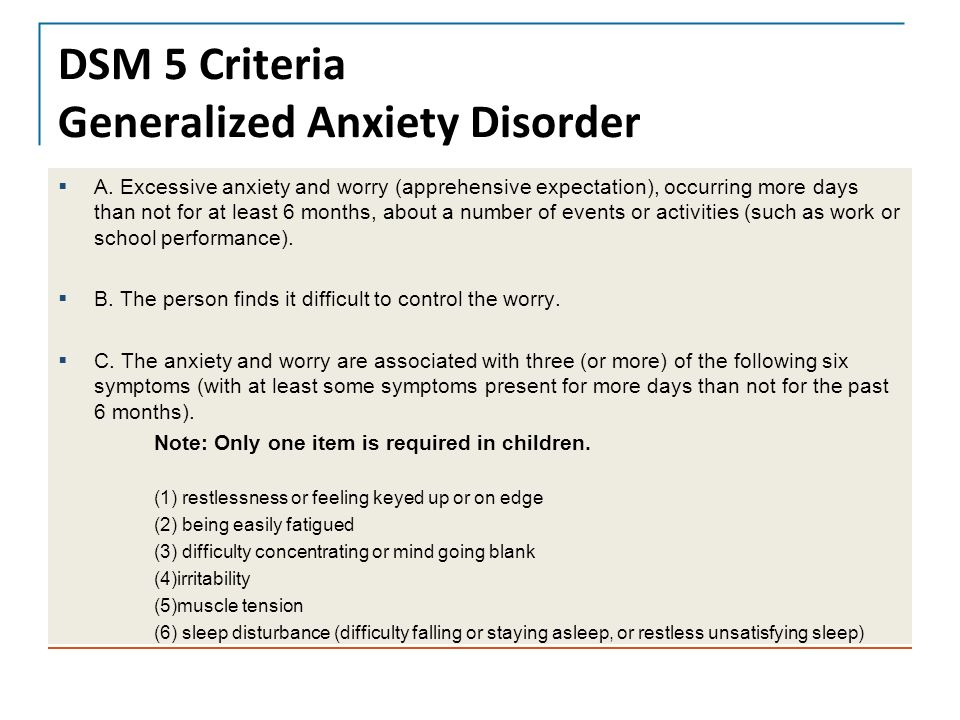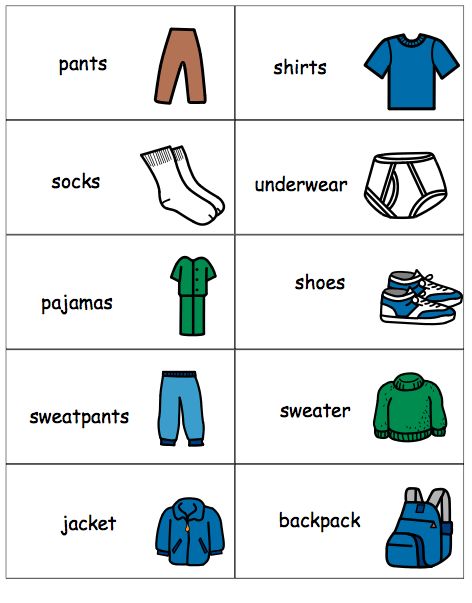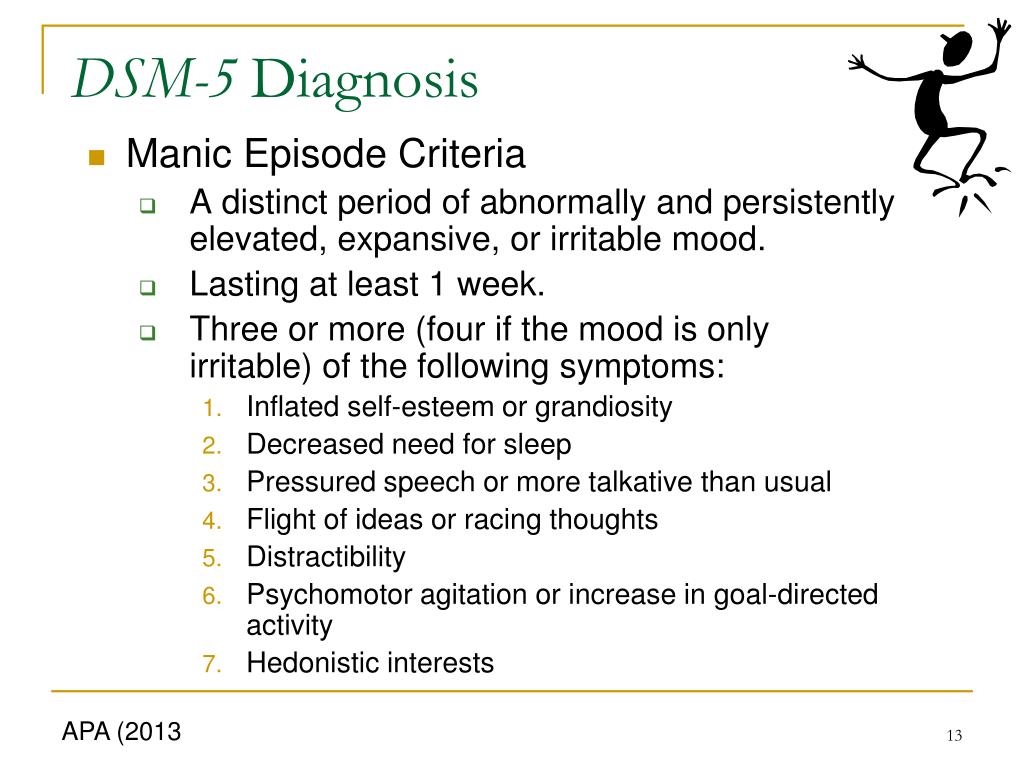Personality test calculator
Personality Test. Find Out Your Personality Type Free.
Your friends consider you mostly as
A serious, responsible person
An easy going person
You value yourself more as
Objective and logical
Considerable and diplomatic
Do you like to argue about complex ideas, future possibilities, theories?
No
Yes
Are you active and initiative?
Yes
No
Are you more
Realistic person
Abstract person
It is more important for you
To be right
To be liked
Sizing someone up, you value more his
Experience
Potential
Do you enjoy proving a point just for the sake of clarity?
Yes
Not really
Something that interrupts your plans
Is highly irritating
Doesn"t bother you much
When someone talks about new ideas and theories, you mostly find it
Somewhat annoying
Fascinating
People usually find you
Easy to talk
Not easy to talk
People often appreciate your ability to be
Logical, firm and objective
Fair-hearted, humane and appreciative
You think that it's more important for children to
Be outside, play sports, do their home chores
Develop their imagination
How often are you following your plans?
Most of the time
Not much. I can change my plans on the go
How often are you finding yourself in a long conversation about complex ideas?
Very rarely
Often
At work, you base most of your decisions by its impact on
The project
People. Teamwork defines the efficiency of the project.
Is it natural for you to keep your desk organized?
Yes
No
What fascinates you more
Cool objects
Innovative ideas
Objective criticism
Motivates people to do a better job
Makes people less productive
What would you like more?
Manage people
Identify with others
Would you say you have
High energy
A quiet sort of energy
How does chaos at work make you feel?
Stressed
Motivated
What do you think makes you most valuable at work?
Being a professional
Your ability to see new approaches
Would you rather work in the environment that is:
Well-established and calm
Fast-changing and unpredictable
It's easier for you to
Learn step by step
Start with a general idea first
People you know think of you as
An outgoing person
More private, reserved person
When you are driving a car or walking in the forest, you spend more time in
Observing and enjoying sceneries
Getting lost in thoughts
Would you rather settle a dispute based on
What is fair and right
What makes people happy
Your 'friend' just did something behind your back.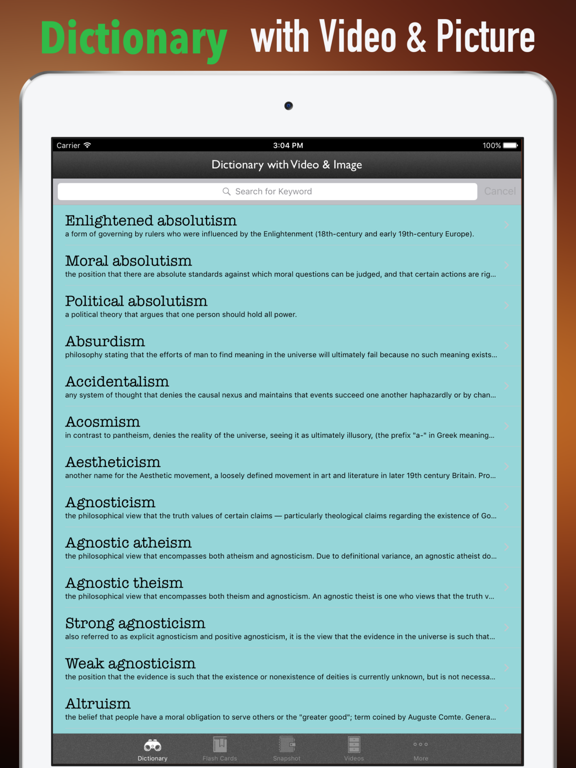 Would you rather
Would you rather
Confront them
Avoid the confrontation
When shopping for groceries, you have a grocery list
Most of a time
Almost never
You find theoretical books
Somewhat boring
Fascinating
Are you fast in a small talk?
Yes
No
Do you find deadlines
Effective
Pressuring and inflexible
It is easier for you to remember
Numbers and figures
Faces and names
Would you rather be with someone who shares
Your favorite activities
Your ideas
A casual talk with a stranger feels
Comfortable
Not so comfortable
Your friends are more likely to say you are
Practical, down-to-earth person
Have your head in the clouds
After a party with lots of people, you feel
Great
omewhat exhausted
When delivering a disappointing news to someone, you are
Direct and straightforward
Warm and considerable
Do you rely more on your
Experience
Theoretical alternatives
You've made a decision that will affect other people.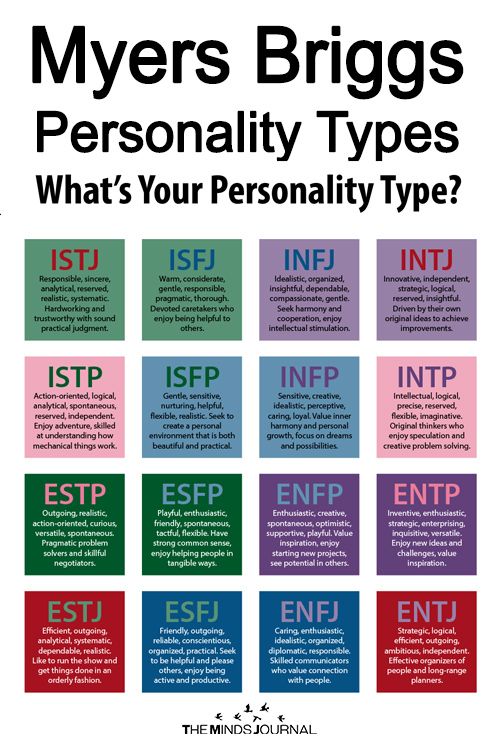 They may not like it. You"d rather:
They may not like it. You"d rather:
Say what's on your mind and deal with consequences
Take you time. Maybe, there is another solution.
When things are out of order it
Makes you feel uncomfortable
Doesn't bother you much
You know for a fact your partner is cheating on you. You'd rather know
Who is the lover?
What made your partner do such a thing?
Are you more comfortable to work
By schedule
Without a schedule
Did you ever fall in love with someone you never met personally?
No
Yes
Do you feel comfortable working in groups?
Yes
No
If a truth may upset someone, you'd rather
Say it anyway
Keep quiet
Is being late bothers you?
Very much
Not so much
Are you more interested
In details of implementation
In a general idea
In an argument, are you listening more to
Convincing facts
Personal touch
At public places, how often people ask you of something?
Very often
Rarely
Are you good in wrapping up a project?
Yes
No
How often thoughts about the complexity of the universe come to your mind?
Not so often
Quite often
Every person has a unique talent
Of course, not.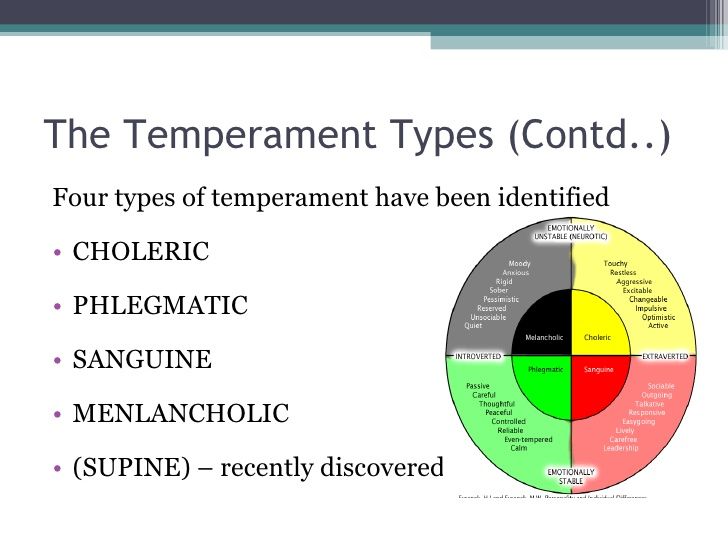
True
You feel better when a decision
Is final
Has open options
Do you prize yourself more in
Being realistic
Having a vivid imagination
Would you rather get angry with a person who says that
You are dumb
You are cold and dispassionate
Do you usually plan all details of your vacation?
Yes
No, I'm more spontaneous.
Do you believe that "if it ain't broke, don't fix it"?
Yes
No
You don't mind making difficult decisions that may cause a conflict.
True
False
You prefer working things through to completion.
True
False
As a child, when adults talked about you in public, it felt
OK
Uncomfortable
I AM:
Male
Female
Big 5 (OCEAN) Personality Test
Have you ever tested your personality?
Understanding personality science is the key to optimizing your behavior and getting to know yourself.
Plus… your personality science might surprise you. Along with our free personality test, you can read the descriptions of each personality trait below.
Along with our free personality test, you can read the descriptions of each personality trait below.
Take our official quiz to find out your Big 5:
Take the Quiz
Having trouble with your results? Want to download and print the scoring guide?
You can manually grade your results by using our scoring rubric found here.
Researchers have found that there is a science to personality. Everyone, regardless of gender, age or nationality, is made up of 5 basic traits.
- Openness
- Conscientiousness
- Extroversion
- Agreeableness
- Neuroticism
Fondly known as the Big 5 Personality Traits, or OCEAN, these are incredibly helpful for understanding yourself. When you understand your own personality, you can ask for your needs, connect more easily, and optimize your behavior.
Read on or watch the video to determine where you fall on the personality spectrum.
Sections in this Article:
- The Big 5 Personality Traits and Heredity
- How Personality Affects Longevity
- What Our Faces Reveal About Our Personality
- The Facial Mapping Process
- Where Does Personality Come From?
- Personalities Within a Team
Is Your Personality Genetic?
Is your personality nature or nurture? Did you inherit your traits from your parents or create them in your childhood? The answer is…both.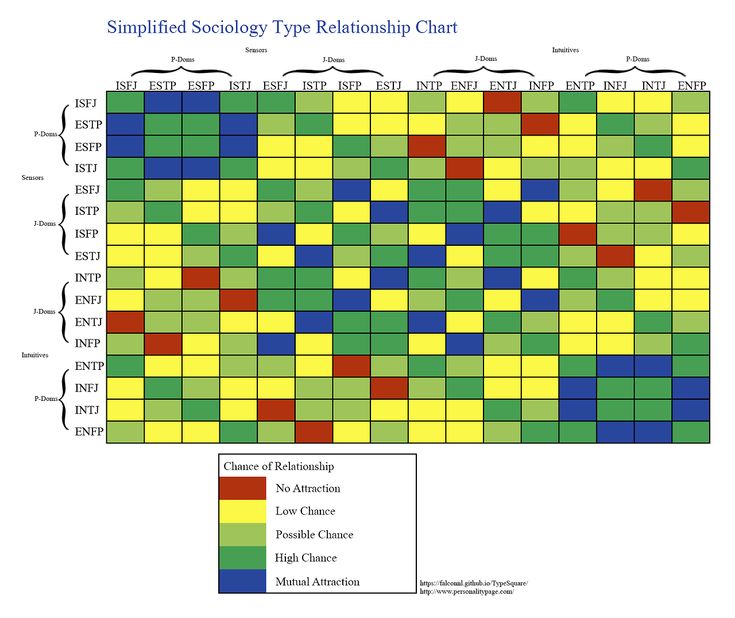
Our personalities are complicated, multi-dimensional beasts. Based on four different twin studies, researchers believe certain traits are more heritable than others. For example, how adventurous you are is the most heritable trait, while how easy-going you are is the least heritable. In other words, if your parents love trying new foods, you are more likely to enjoy that as well. But if your parents are laid-back hippies, you have less chance of being a hippie.
Here is an overview of the 5 traits and how ‘heritable’ they are.
↑ Table of Contents ↑
Personality Trait #1: Openness
Openness is when someone is curious and open-minded to new experiences and knowledge. People who rate high in openness are inventive and curious. People who rate low in openness are consistent and cautious. Do you agree or disagree with these statements?
- I love adventure.
- I am imaginative.
- I am the first to try new activities.
If you agree, you probably rate high in openness.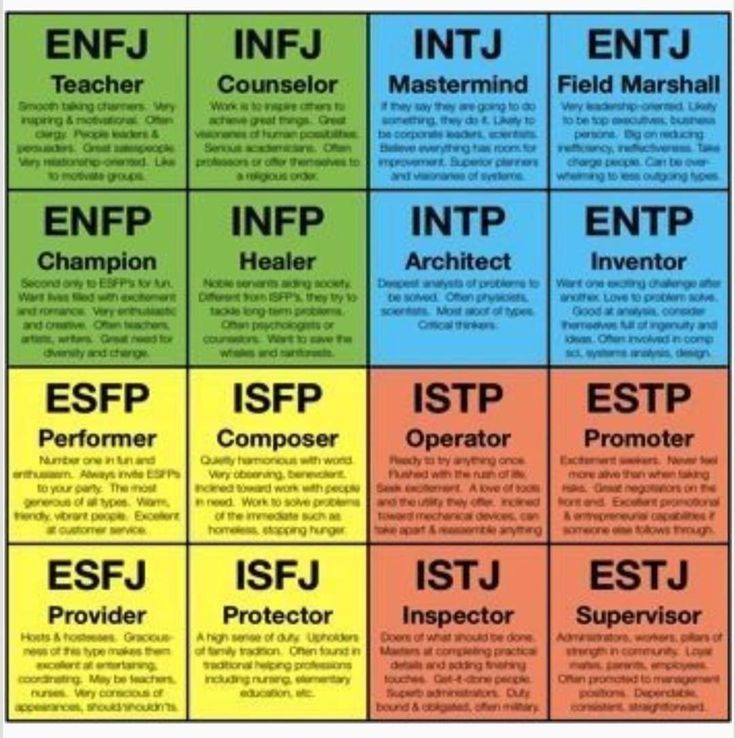 If you disagree, you probably rate low in openness.
If you disagree, you probably rate low in openness.
- Openness has 57% genetic influence
Special Note: If you rate high in openness, let people in your life know that you love to be challenged. Make sure you have creative outlets to express yourself. You also have to make sure your spouse or partner knows your level of adventure so your needs are met.
↑ Table of Contents ↑
Personality Trait #2: Conscientiousness
Conscientiousness describes how organized and dependable you are. People who rate high in conscientiousness are efficient and organized. People who rate low in conscientiousness are more easy-going and laid back. Do you agree or disagree with these statements?
- I am highly self-disciplined.
- I am very organized and always come prepared.
- I like to know the plan rather than be spontaneous.
If you agree, you probably rate high in conscientiousness. If you disagree, you probably rate low in conscientiousness.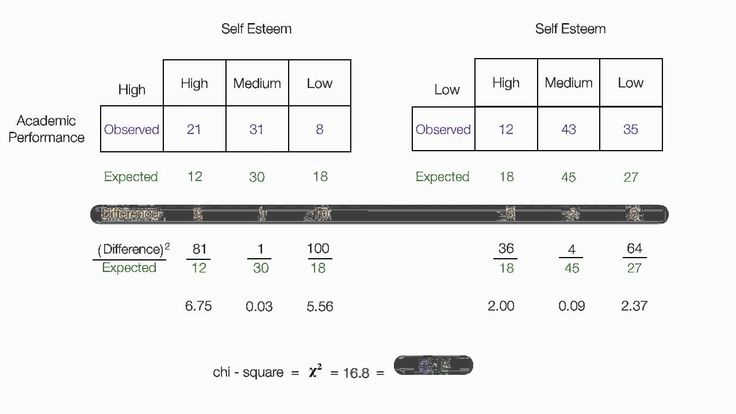
- Conscientiousness has 49% genetic influence
Special Note: If you rate high in conscientiousness, you want to make sure the people around you respect your desire to have a plan. But don’t get too frustrated with people who rate low in conscientiousness–you can’t blame them for not being organized. It just doesn’t come as naturally.
↑ Table of Contents ↑
Work With Other People?
Get our handy cheat sheet with tips to work effectively with each of the five distinct personality types.
↑ Table of Contents ↑
Personality Trait #3: Extroversion
Extroversion describes how you interact with people. People who rate high in extroversion are outgoing and energetic. People who rate low in extroversion are more solitary and reserved. Do you agree or disagree with these statements?
- I am the life of the party.
- I don’t mind being the center of attention.
- I am usually the one to start a conversation with someone.
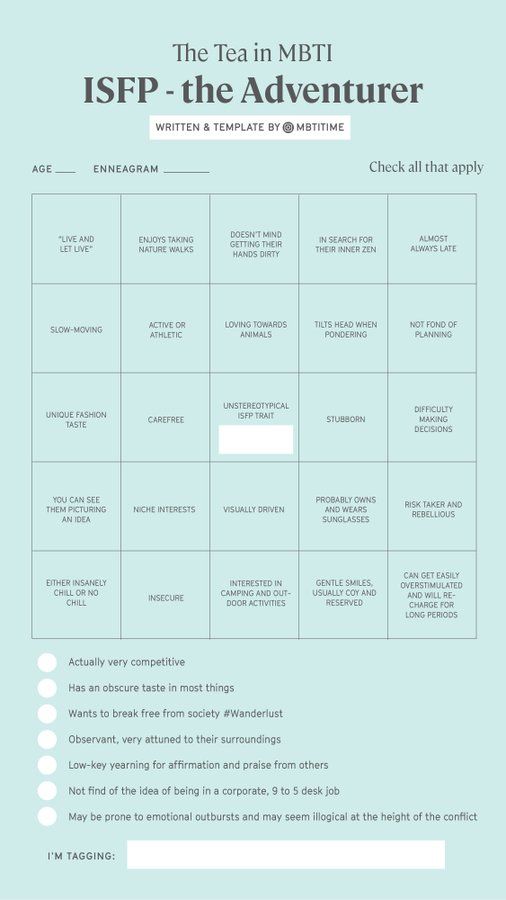
If you agree, you probably rate high in extroversion. If you disagree, you probably rate low in extroversion.
- Extraversion has 54% genetic influence
Special Note: If you rate low in extroversion, be sure not to force yourself to try being extroverted. Honor your introversion. You never want to try being something or someone you are not. Think of the places and people who excite you and stick to those nourishing spots. This helps you stay true to yourself–let the extroverts go to the nightclubs!
↑ Table of Contents ↑
Personality Trait #4: Agreeableness
Agreeableness is how you feel toward others. People who rate high in agreeableness are friendly and compassionate. People who rate low in agreeableness are more analytical and detached. Do you agree or disagree with these statements?
- I tend to trust people and give them the benefit of the doubt.
- I am extremely empathetic.
- I like to make other people feel at ease.
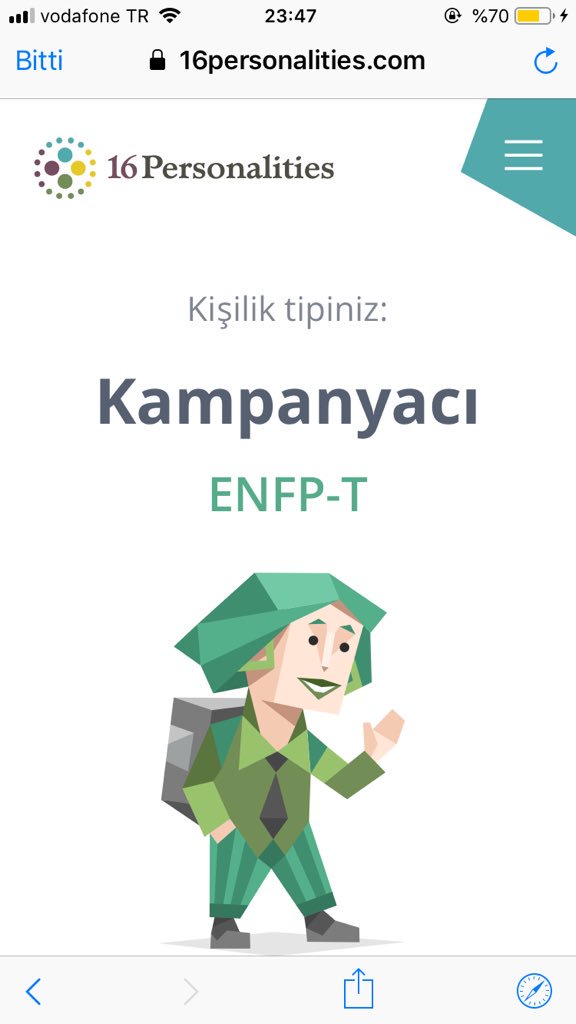
If you agreed, you rate probably high in agreeableness. If you disagreed, you rate probably low in agreeableness.
- Agreeableness has 42% genetic influence
Special Note: If you rate low in agreeableness, empathy doesn’t come as naturally to you. So, your partner might say things such as, ‘Don’t you understand me?’ or, ‘Why don’t you get me?’ That’s okay. Know that you must make more mental effort to put yourself in their shoes.
↑ Table of Contents ↑
Personality Trait #5: Neuroticism
Neuroticism is how you deal with emotions. People who rate high in neuroticism are sensitive and tend to be more nervous. People who rate low in neuroticism tend to be more secure and stable. Do you agree or disagree with these statements?
- I stress out easily.
- I tend to be moody.
- I am a worrier.
If you agree, you probably rate high in neuroticism. If you disagree, you probably rate low in neuroticism.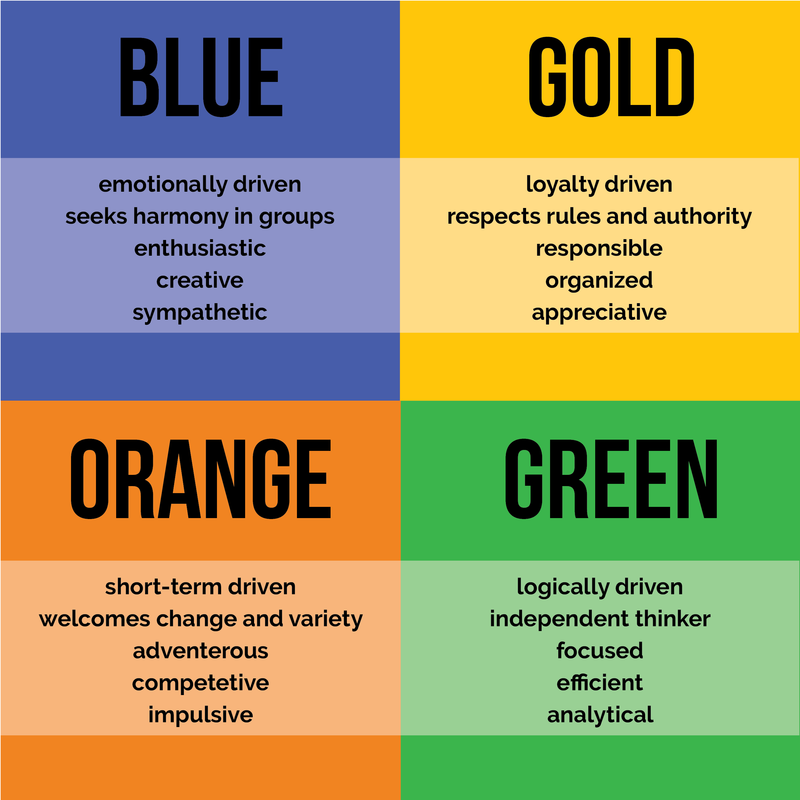
- Neuroticism has 48% genetic influence
Special Note: If you rate high in neuroticism, you have to know your triggers–what makes you worry? And your calmers–what helps you calm down? So you can be more in control of your moods.
There are some other fascinating facts about personality science that might intrigue you.
↑ Table of Contents ↑
How Your Personality Traits Affect Your Lifespan
1. Conscientiousness
A 75-year longitudinal study conducted by Joshua Jackson (no relation to Jonathan Jackson that I know of) determined that men with conscientious personality traits have been known to live longer.
Conscientiousness is the trait that describes how organized and dependable you are. People high in this trait have high self-discipline, are very organized and prepared, and like to plan things out instead of being spontaneous.
This makes sense when you think about it. High-conscientious men would be less likely to do something spontaneous and potentially life-threatening. Further, being dependable and strict with self-discipline is a much safer lifestyle choice.
Further, being dependable and strict with self-discipline is a much safer lifestyle choice.
↑ Table of Contents ↑
2. Extroversion
Extroversion describes how you interact with people. People who are high in extroversion (extroverts) are outgoing and energetic, while people who are low in extroversion (introverts) are more solitary and reserved and typically require recharge time from social interaction. As it turns out, people who are more outgoing and sociable have the strongest immune system compared to those who are more introspective and introverted.
Bonus: Think you may fall somewhere in the middle? You may be an Ambivert!
To test this, participants in a recent study had blood samples taken to measure genetic factors and their immune systems. They were then given a personality test to see where they fall on the Big 5 spectrum. Those who were labeled as extroverted appeared to have immune systems strong enough to deal with their socially oriented nature, whereas introverts had weaker ones.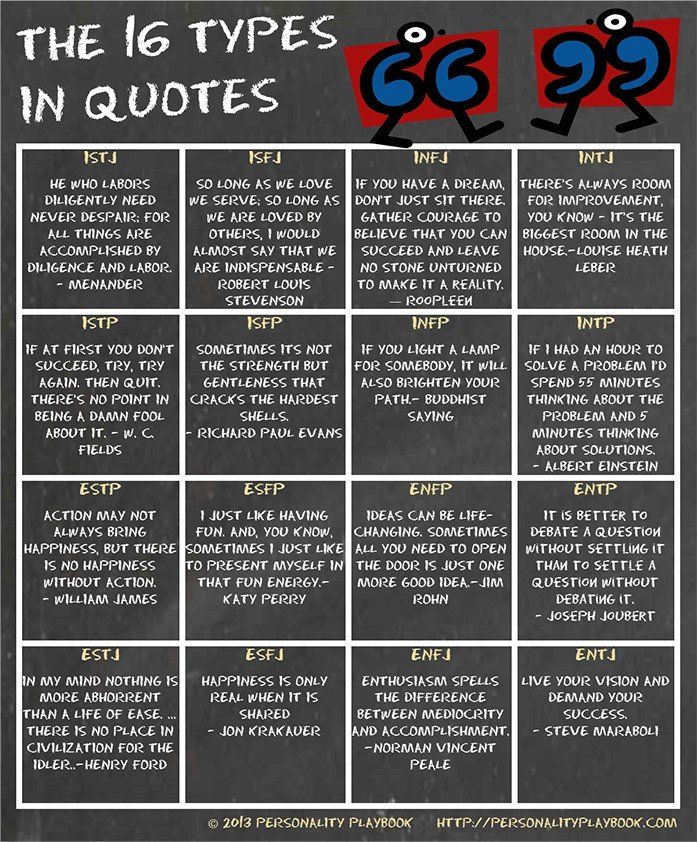
This study proves that the bodies of extroverted people are primed to have stronger immune systems since they are more exposed to germs or sickness as they interact with more people regularly.
↑ Table of Contents ↑
3. Agreeableness
Agreeableness is how you feel towards others. People who are highly agreeable are friendly, compassionate, and very optimistic–they are collaborative and team players. Research has shown that people high in agreeableness and optimism have healthier hearts than those who are pessimistic or neurotic.
Even when adjusted to include socio-demographic characteristics like age, income, education, and poor mental health, the results remained consistent: agreeable, optimistic people had better cardiovascular health. Not only that, but they were less stressed, had a healthier body mass index, and were less likely to smoke–all of which are major factors that can affect your heart health.
Highly agreeable people are better at using coping strategies, and because they are naturally more empathetic and compassionate, they’re also more likely to reach out for support when in need and help others.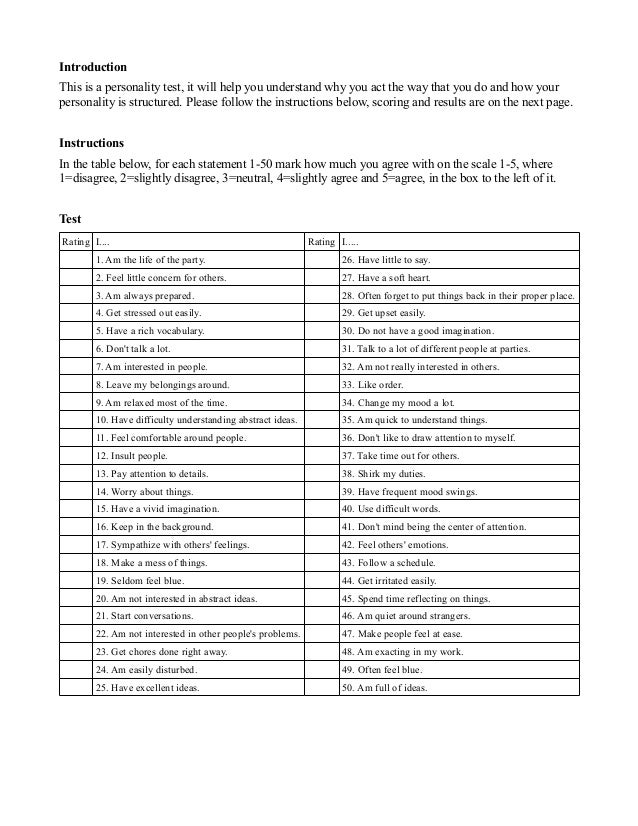
Not high in these traits? Don’t worry! Even if you’re not high in these three specific personality traits, it does not mean you won’t live a long and healthy life. There are benefits for each trait, no matter where you fall on the spectrum.
↑ Table of Contents ↑
What Our Faces Reveal About Our Personality
Can you truly know someone’s personality just by looking at their face?
Yes, it’s called Facial Profiling.
A new Israeli startup will blow your mind. Faception, a private company founded in 2014, is a facial personality profiling company. They are a team of world-class experts in computer vision, facial analysis, machine learning, psychology, technology, and marketing. Their mission states:
“We believe that knowing and understanding people is key to improving communications and making the right decisions about the person right in front of you, or on the video screen. We also believe that our face reveals our personality. With the growth in social networks, smartphones and video cameras everywhere, facial images are readily available to use.
”
Accurately reading faces can drastically help improve communication and help people make better decisions from first impressions. It could also revolutionize many industries. With their technology, one would be able to identify:
- A professional poker player
- Academic researcher
- Introvert or extrovert
- Pedophiles and even white collar-criminals
One source even mentions that Faception has already signed a contract with the Homeland Security agency to help them better identify a terrorist. I would love to have this type of technology in my back pocket!
↑ Table of Contents ↑
Theory Behind this Masterpiece
Faception has declared that a person’s face can be used to predict personality and behavior. And this claim can be sectioned into 2 main areas:
- According to social and life science research, personalities are affected by genes
- Our face is a reflection of our DNA
So, according to social & life science, genes play a major role in determining key personality traits like social skills and learning.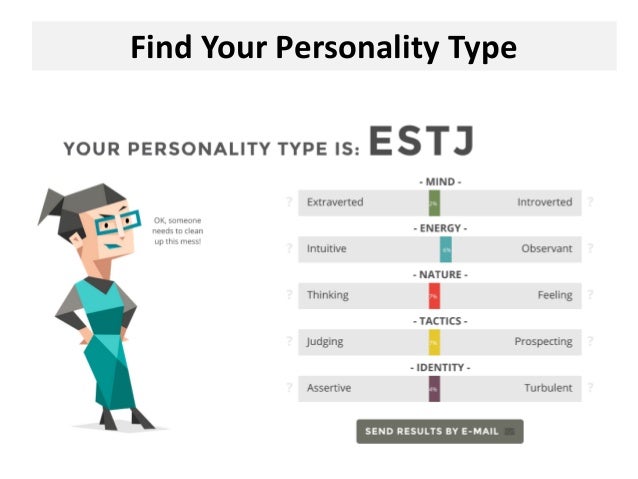 This is backed by a study that the University of Edinburgh conducted. The researchers at this institute studied over 800 sets of twins and found that genetics were more influential in shaping key traits than a person’s home environment and surroundings. The study tracked twins in the U.S., mostly over 50, and used a series of questions to test how they perceived themselves and others. These questions included
This is backed by a study that the University of Edinburgh conducted. The researchers at this institute studied over 800 sets of twins and found that genetics were more influential in shaping key traits than a person’s home environment and surroundings. The study tracked twins in the U.S., mostly over 50, and used a series of questions to test how they perceived themselves and others. These questions included
- “Are you influenced by people with strong opinions?”
- “Are you disappointed about your achievements in life?”
By tracking their answers to these questions, the research team found that identical twins, who share the same DNA, were twice as likely to share traits compared with non-identical twins. Psychologists at the University have also stated,
“The stronger the genetic link, the more likely it is that these character traits are carried through a family.”
In another study, International Visible Trait Genetics (VisiGen) Consortium carried out a similar approach with over 10,000 twins by applying a genome-wide association (GWA) approach, with independent replication, finding DNA variants involved in facial shapes.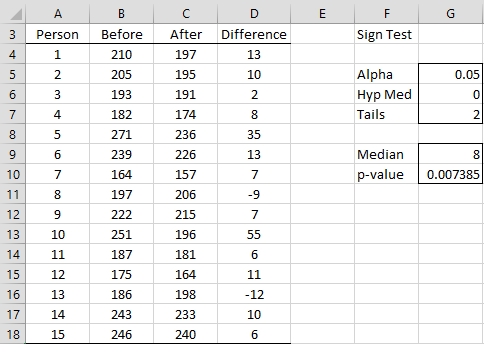 Three of the five genes were thought to have roles in the arrangement of facial features, and their new research has confirmed their findings. These studies tell us that genetic influence is the key to how successful a person will be in life and their ability to learn and develop.
Three of the five genes were thought to have roles in the arrangement of facial features, and their new research has confirmed their findings. These studies tell us that genetic influence is the key to how successful a person will be in life and their ability to learn and develop.
↑ Table of Contents ↑
Facial Mapping Process
Facial mapping has been a popular study of interest to researchers for over a thousand years and has reached a new high with Faception. Just watch what their technology can do:
First, Faception offers its technology to companies and allows them to embed the software into their applications-> the application then runs on a cloud server-> local machine, video camera, or any other scalable/ real-time device-> then conducts the image quality/ filter and analyzes the images-> once analyzed, the software provides a score and confidence level for various personality traits & types.
To show their technology off, they took the software to a poker tournament organized by the startup shares investors of Faception.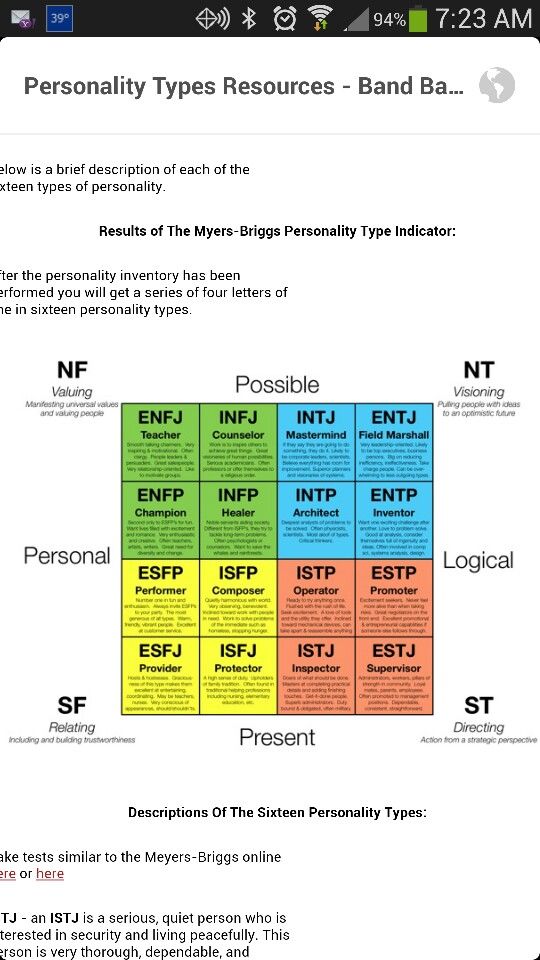 During the tournament, Faception could predict two of four professional poker players among the event’s three finalists. Wow! Out of the 50 players they started with, they got the two finalists right.
During the tournament, Faception could predict two of four professional poker players among the event’s three finalists. Wow! Out of the 50 players they started with, they got the two finalists right.
Shai Gilboa, the chief executive at Faception, says that as they promote this technology to the world, there are some drawbacks—artificial intelligence is trained to analyze images, and it will only be as good as it was trained. Another could be that facial features can be accentuated due to facial hair, limiting the AI’s ability to make an accurate prediction. And if the data the computer has given is outdated, then the results will be inconclusive by the photo/person. But we look forward to how this company will progress in the future and how companies will use this technology.
↑ Table of Contents ↑
Where does personality come from?
They have even found that there are physiological differences tied to each of the personality types. We are only beginning to understand the complex ties between our brain, body, and personality, but here are a few findings that hint at how our chemistry affects our behavior:
- People high in extraversion have been found to carry long forms of the gene DRD4.
 This gene dictates how we produce dopamine. Those who carry the long form of the gene DRD4 have more dopamine production when they have a positive experience. In other words, high extroverts might be wired to seek more social experiences because they get a bigger chemical pleasure boost.
This gene dictates how we produce dopamine. Those who carry the long form of the gene DRD4 have more dopamine production when they have a positive experience. In other words, high extroverts might be wired to seek more social experiences because they get a bigger chemical pleasure boost. - People high in conscientiousness have been found to have more volume in the middle frontal gyrus in the left lateral pre-frontal cortex part of the brain. This is where we plan for the future and make decisions. In other words, people high in conscientiousness might enjoy planning and preparing more because they have more activity in that part of their brain.
- People high in agreeableness have been found to have less volume in the orbitofrontal lobe of their brain—this is where we process emotions and make decisions. One study also found that people who are highly agreeable have an easier time predicting the mental states of others. In other words, perhaps they are good at working in teams because they excel at understanding and forecasting behavioral and emotional states.
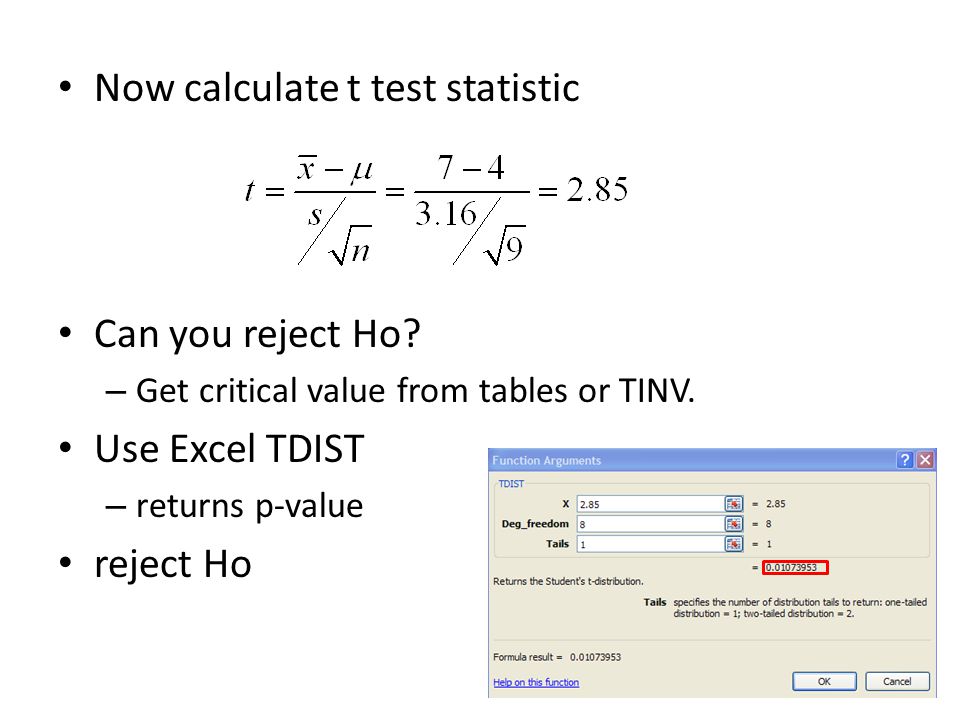
- People with high neuroticism have been found to carry long forms of the Serotonin Transport Gene. This gene helps us produce serotonin, which calms us down. High neurotics produce serotonin more slowly, so they have a harder time regulating their emotions after a negative event. They also feel their emotions more strongly and for a longer period. In other words, neurotics worry more because it physiologically takes them longer to recover from something bad.
Understanding the connection between our personality and our physiology is crucial. Why? It means that we cannot choose our personality orientations.
Don’t get mad at your spouse if they want to go out all the time—they might be wired for extroversion. Don’t be angry at your colleague for not being detail-oriented, their brain is not wired for high conscientiousness.
Bottom Line: Accept people as they are. Don’t try to change the people in your life, try to optimize and understand them.
↑ Table of Contents ↑
Your Personality Look
Carmen Lefevre is a research associate at the University College of London. Her research focuses on the biological motives of facial structure and skin color and how they play a major role in our personality and behavioral traits.
One way Lefevre addresses these traits is through our facial structure, known as the facial width-to-height ratio. Carmen’s research has found that having a wider face produces high testosterone levels, which is correlated with aggressive and dominant characteristics. So what does this mean for both males and females? Males with a higher width-to-height ratio are perceived as physically more aggressive. Whereas females are known to be more verbally aggressive.
Test your facial width-to-height ratio by going to a mirror and measuring your bone structure. What does it say about you? Does your facial width-to-height ratio signal dominance or aggression?
And speaking of facial width-to-height ratio, Lefevre conducted a study back in 2014 on 29 U. S. Presidents and how their width-to-height ratio could be linked to dominance, aggression, and power–which are all important traits to have when making political decisions. She took 29 Presidents that had front-facing photos and compared the distance from ear-to-ear (width) with the distance between the top part of the eyelids and the highest point of the upper lip (height). Once Lefevre and her team took the measurements, they had judges rate them on several factors like:
S. Presidents and how their width-to-height ratio could be linked to dominance, aggression, and power–which are all important traits to have when making political decisions. She took 29 Presidents that had front-facing photos and compared the distance from ear-to-ear (width) with the distance between the top part of the eyelids and the highest point of the upper lip (height). Once Lefevre and her team took the measurements, they had judges rate them on several factors like:
- Moderation
- Friendliness
- Intellectualism
- Machiavellianism
- Poise & Polish
- Achievement-driven
- Attractiveness
- And many more…
The results on these former Presidents extend to other research studies on the width-to-height ratio, which rated their dominant traits as highest in ambition and drive.
↑ Table of Contents ↑
The Attractiveness Structure
While there is no significant research to back up attractiveness solely focusing on the facial structure, recent studies have shown that skin color is an important factor in the perception of being attracted to others.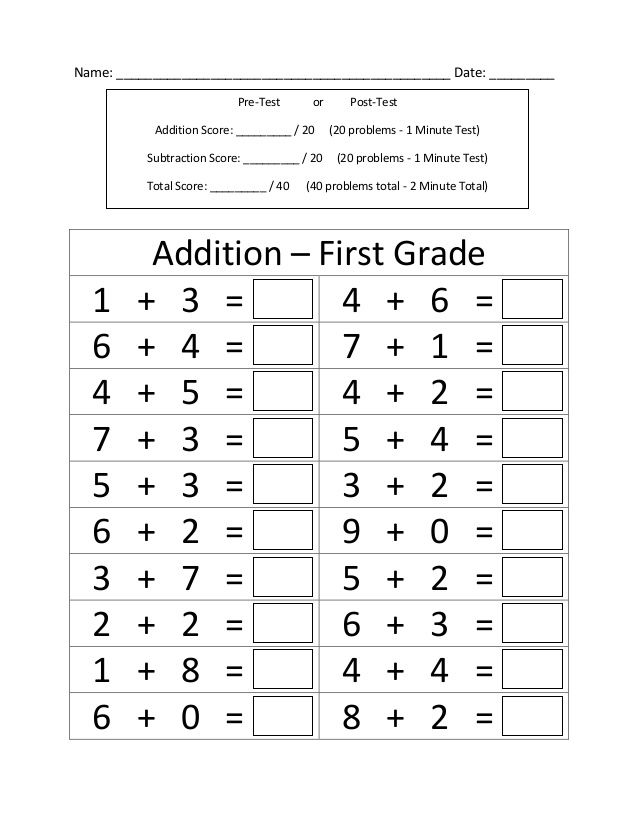
In one study, Lefevre and her team took 15 of the 45 women who participated in their study and combined 3 individual facial images, blending them together to make one facial baseline. Once the digital image was created, the team then took the faces and transformed the skin tone to a carotenoid color, which is associated with an excessive intake of carrots and other vegetables. The team then transformed more images to have deep melanin coloration, which gives off the effect of darker skin tones.
The results highly favored the participants with carotenoid skin coloration over melanin coloration, which is likely to be a health cue. The research shows that it’s more attractive to have a glow on your skin versus getting a fake tan at the tanning booth.
↑ Table of Contents ↑
The Acuteness Structure
One study found that we have an innate ability to read people’s intelligence just by looking at their faces.
At Charles University, 80 people–40 men and 40 women took part in the in-depth examination of IQ. Each person had to take a photo of themselves with a neutral expression. After the photos were established, the team at Charles U then placed the images on a computerized grid for the judges to make their assessment. It was found that faces with a broader distance between the eyes, nose, and upper part of the lip were perceived to have a higher level of intelligence. Whereas the narrower the face, the less intelligent a person was perceived. The research found no significant correlation between facial features and the actual IQ of a person. However, both men and women could accurately predict the men’s intelligence by their visual cues that are not explainable from the shape variability of a man’s face.
Each person had to take a photo of themselves with a neutral expression. After the photos were established, the team at Charles U then placed the images on a computerized grid for the judges to make their assessment. It was found that faces with a broader distance between the eyes, nose, and upper part of the lip were perceived to have a higher level of intelligence. Whereas the narrower the face, the less intelligent a person was perceived. The research found no significant correlation between facial features and the actual IQ of a person. However, both men and women could accurately predict the men’s intelligence by their visual cues that are not explainable from the shape variability of a man’s face.
As you can see, there is so much more to ourselves than appearance, skin tone, and a brilliant mind. We can’t change our genes or who we are, but if you look in the mirror, you will see a perfectly designed miracle with great significance in this world. So go forth and do great things!
↑ Table of Contents ↑
Your Personality Can Change Your Vote
Your personality shapes your political opinions more than we realize.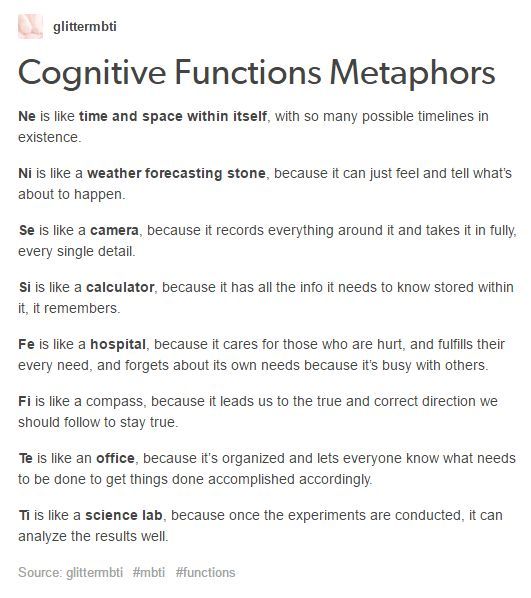 What do you think:
What do you think:
Who is higher in openness? (Openness is how much we like new ideas, imagination, and trying new things.
- Liberals
- Conservatives
Who is higher in conscientiousness? (Conscientiousness is how organized we are, and how much we like details and plans.
- Liberals
- Conservatives
According to a study in the Journal of Applied Social Psychology, here is the answer:
Who is higher in openness?
Liberals
Who is higher in conscientiousness?
Conservatives
Liberals are more likely to be high open
Conservatives are more likely to be:
- Low conscientious
- High conscientious
- Low open
This tells us a lot. It tells us why:
“Make America Great Again”
Resonates with conservatives and not liberals. If you are low open, you might not want change, and you may want to bring back the good old times.
This tells us why:
“Change We Believe In”
Resonated with liberals.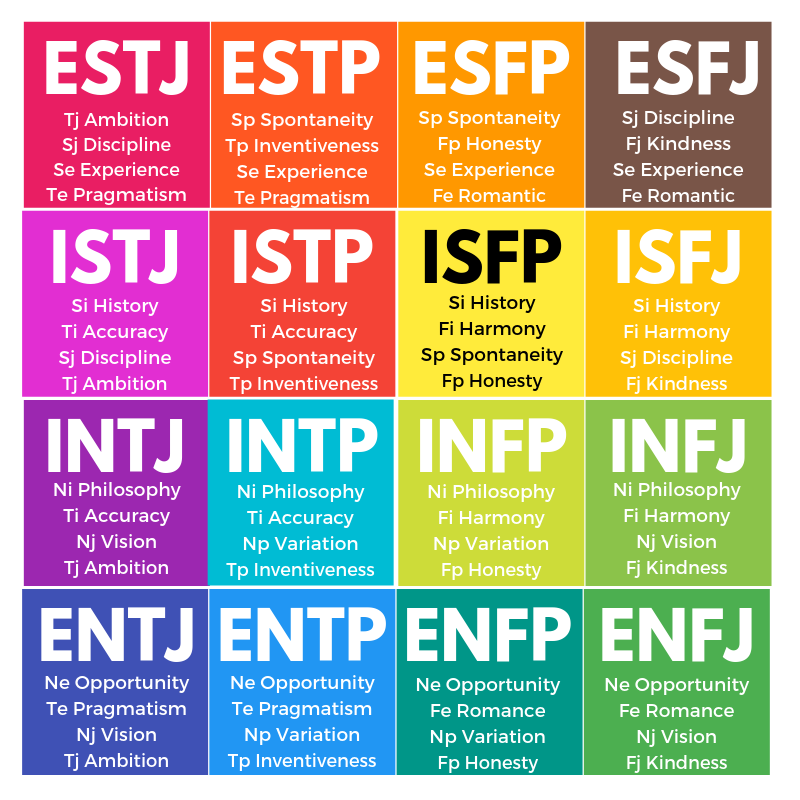 They are high open and crave change.
They are high open and crave change.
There are so many forces that affect our choices.
↑ Table of Contents ↑
Working With Different Personalities on a Team
I want to help you identify the personality traits of your colleagues. The best option is to send this quiz to your colleagues and share your results.
Send This Quiz to A Colleague
If you want to guess how your colleagues rank, get a piece of paper or open a note-taking app and write out the word OCEAN. Go through the high and lows of each trait so you can figure out who on your team fits each.
↑ Table of Contents ↑
Openness
We’re going to start with openness. Ask yourself these questions to determine the highest open person on your team You can think about friends and family too but try to stick with colleagues for this activity:
- Who is the most adventurous person?
- Who’s inventive?
- Who’s curious?
- Who tries the newest ideas?
The person who answers these questions is the highest open person you work with.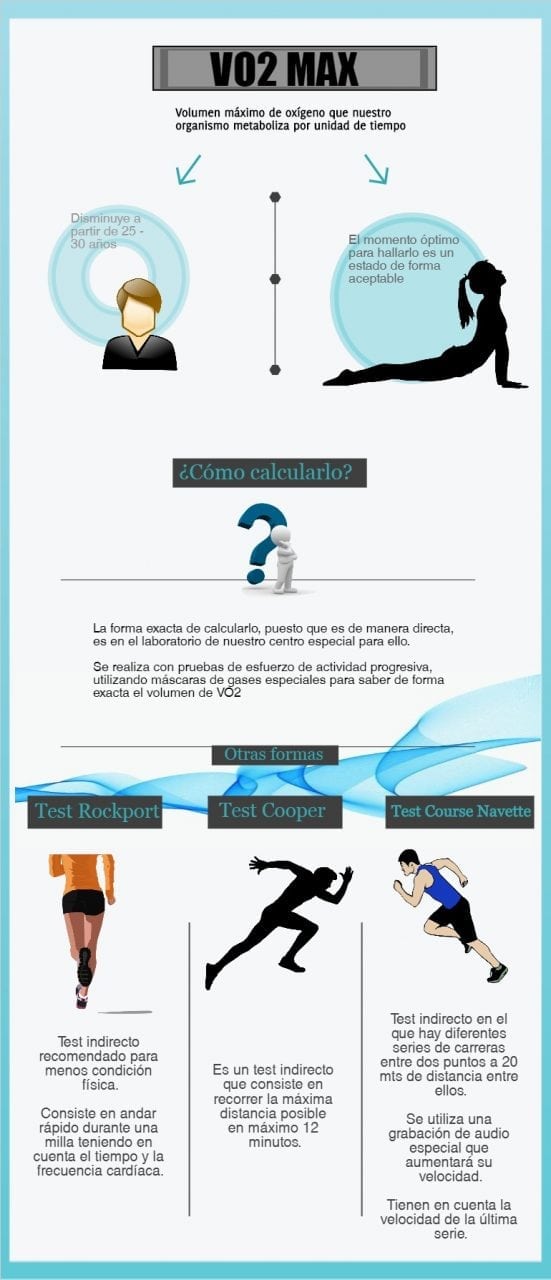
Someone who is low open prefers tradition and routine. So, think about the person who loves doing things the exact same way. They start their day checking their email, then they work on their main project, then they go to lunch, check email again, etc. If you made them do the project before the email, their brains would explode. Low open people are focused on things staying the same and are change averse. Who fits that description on your team?
Write down the person on your team who is your highest open and the person who is your lowest open.
team
Highest Open: _____________
Lowest Open: _____________
↑ Table of Contents ↑
Conscientiousness
Now let’s get into conscientiousness. Your highest conscientious person is someone who loves to-do lists and routines. They’re highly organized, and they always have an agenda. Who is the highest conscientious person you work with?
Your low conscientious colleague is someone who prefers big ideas. To-do lists and things that are detail-oriented are going to be overwhelming for them. They talk in vague, big-picture ideas, but this isn’t bad. Low conscientious people tend to be great at creating strategies because they can look past all the little details involved in projects and see what needs to be done in the long term.
To-do lists and things that are detail-oriented are going to be overwhelming for them. They talk in vague, big-picture ideas, but this isn’t bad. Low conscientious people tend to be great at creating strategies because they can look past all the little details involved in projects and see what needs to be done in the long term.
Think of the highest and lowest conscientious people on your team.
Highest in Conscientiousness: _____________
Lowest in Conscientiousness: _____________
↑ Table of Contents ↑
Extroversion
Next up is extroversion. This is probably the trait that you are most familiar with. The highest extrovert you work with is the person who loves chatting. They stop by your cubicle, want to go out to lunch, and love planning happy hours. They’re the ones who plan office birthday parties. Many extroverts even have lots of little games and pictures at their desk to capture your attention and lure you in for conversations. Bringing treats to share with people at work is another thing they’ll do to engage people in casual conversations.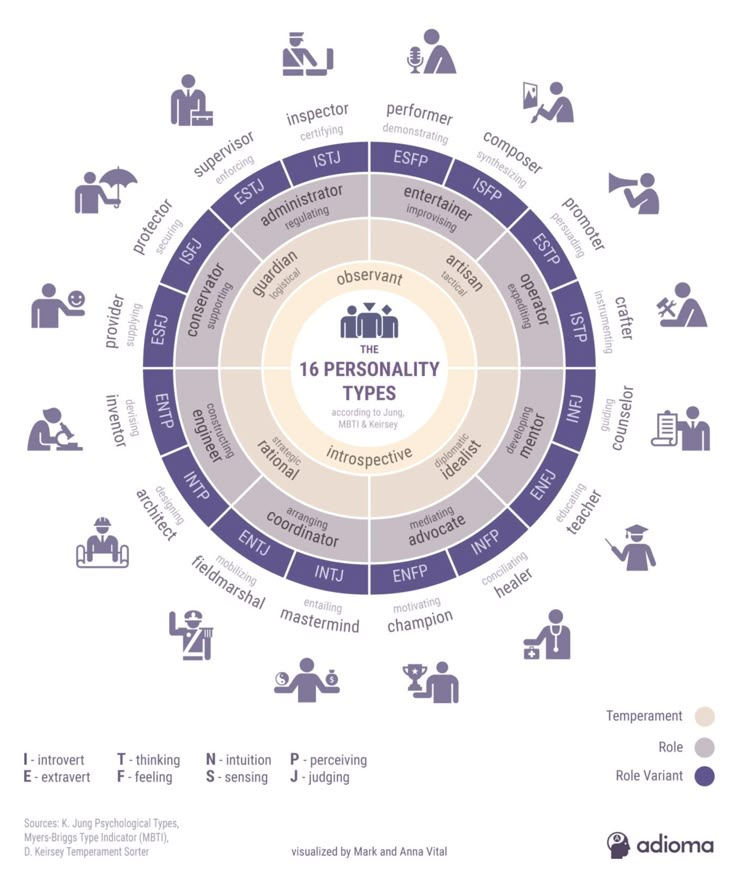 Think about the highest extroverted person you know.
Think about the highest extroverted person you know.
If you have a low extrovert on your team, often called introverts, they might keep to themselves a little bit more, so they might not be as chatty at the office. Depending on how social their job is, they also might need downtime after work, so they might or might not go to the happy hour or office birthday party. If they go, they’ll often only stay for a little bit because they have to go home to recharge. If you catch them eating lunch alone, it’s probably not because they’re antisocial or something is wrong; they likely needed a few minutes to themselves because that is how they process.
Identify the high extroverts and introverts on your team.
Extroverts: _____________
Introverts: _____________
↑ Table of Contents ↑
Agreeableness
The next one is agreeableness. Agreeableness is how you work on a team. The highest agreeable person you work with is someone who says yes a lot, is very empathetic and loves being a team player. If you say, “Hey! Want to do this?” A high agreeable will respond with, “Sure, I’ll try it!” Who is the highest agreeable, the most cooperative person you work with?
If you say, “Hey! Want to do this?” A high agreeable will respond with, “Sure, I’ll try it!” Who is the highest agreeable, the most cooperative person you work with?
They’re a little trickier if you have low agreeable on your team. They are data-driven and highly analytical. They want to see stats, charts, and facts to back up every claim, and if you tell them something you heard on the news or the radio, their first instinct is to google it to verify. If you have a low agreeable person, keep in mind that they will want written information with lots of data to back it up before they are willing to say yes. Think about the highest and lowest agreeable people on your team.
High in Agreeableness: _____________
Low in Agreeableness: _____________
↑ Table of Contents ↑
Neuroticism
The last trait is neuroticism. Neuroticism is how your colleagues worry. If something bad were to happen at the office, a frustrated email from a client might come in, the office has to close early, or the copy machine breaks.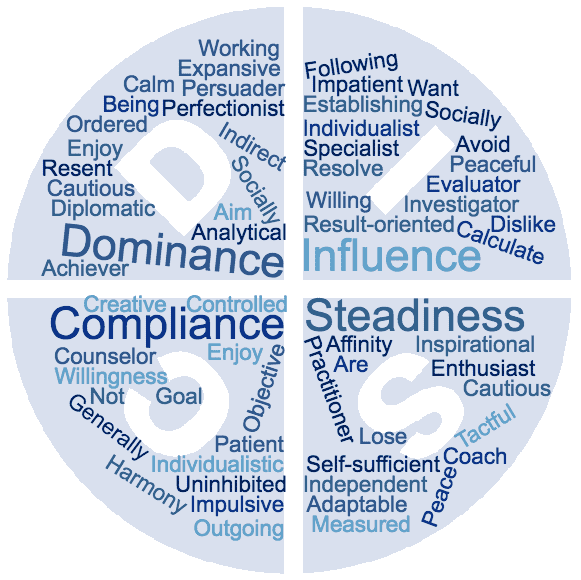 In scenarios that are problematic but not extremely so, your high neurotic person will be the most freaked out. They’re going to be like, “Oh my gosh! What are we going to do? The client is going to drop us, and our reputation is going to fall apart. We’re not going to be able to fix it!” They worry the most, and they are worried for the longest.
In scenarios that are problematic but not extremely so, your high neurotic person will be the most freaked out. They’re going to be like, “Oh my gosh! What are we going to do? The client is going to drop us, and our reputation is going to fall apart. We’re not going to be able to fix it!” They worry the most, and they are worried for the longest.
On the contrary, the lowest neuroticism responds to difficulties by saying, “It’s all going to work out just fine.” Low neurotics aren’t worried about things happening in the moment or in the future. They can be a good balance for high neurotics because having someone who worries and someone who rarely gets stressed out by problems means that when you work together, you can find a balance. Think about the highest and the lowest neurotic person on your team.
High Neurotics: _____________
Low Neurotics: _____________
Tests for employees online, testing when hiring, psychological service for personnel assessment (Moscow)
Tests for employees online, testing when hiring, psychological service for personnel assessment (Moscow) ht-lab.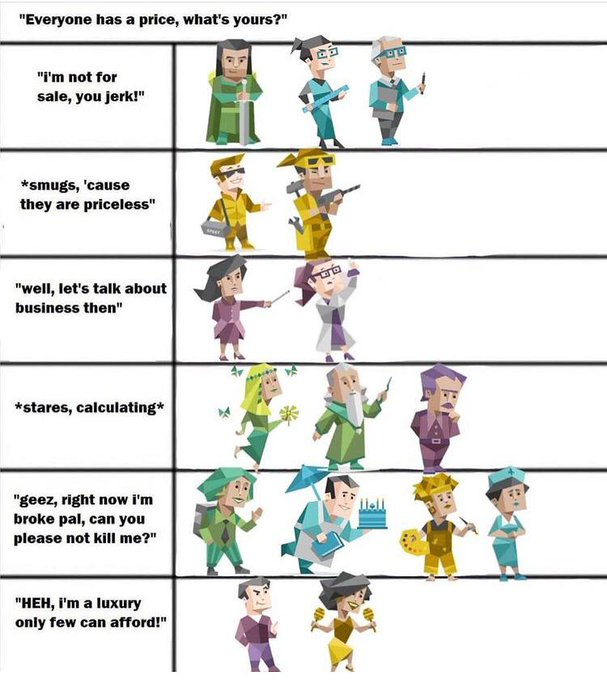 ru
ru
Home
psytest.ht-lab.ru
Tests
proftest.ht-lab.ru
Knowledge tests
analytics.ht-lab.ru
nine0002 Analyticsexpert.ht-lab.ru
Test Assessment
+7 (495) 669-67-19
Request a call
Among the existing assessment procedures tests are the most objective and at the same time the most cost-effective assessment tool . Our platform is not a panacea for personnel assessment, but in the hands of a specialist it is a tool that allows you to assess what is inaccessible to observation and significantly reduce the scale of more expensive assessment procedures. nine0003
For more than a quarter of a century, the Laboratory has been representing the Russian school of psychometrics and testology , developing psychological tests and introducing test technologies into HR practice. Experience in the development and application of testing has shown that only an integrated approach in the assessment of guarantees the maximum accuracy of diagnostics .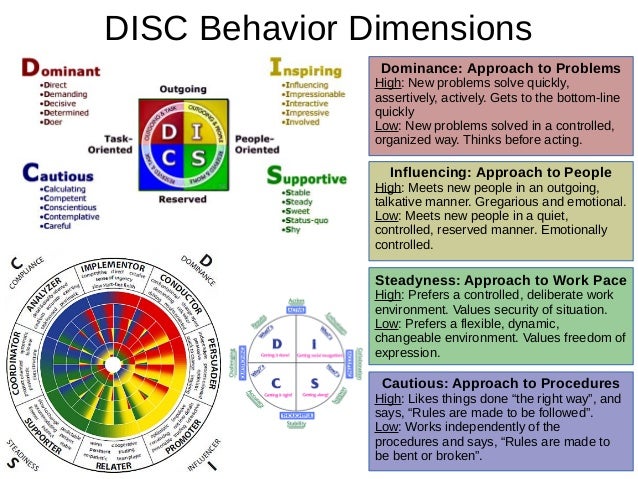
Using a rich arsenal of proven in-house developed diagnostic tools and applying a comprehensive approach to diagnostics, we are able to flexibly approach the solution of any specific task for the selection and evaluation of personnel for companies.
Our tests are used in recruitment, including for mass selection. It is also possible to pass online with the included proctoring service.
Router
Test-connections is a product of synthesis of "test-elements" that evaluate the individual and psychological characteristics of a person from different angles. Provides higher estimation accuracy. They allow solving a wide range of tasks, more fully assessing professionally important qualities, making a forecast on the key competencies of the candidate, which is reflected in additional reports. nine0003
Tests-elements assess individual groups of psychological characteristics or the employee's potential for specific types of professional activity, have a highly specialized purpose.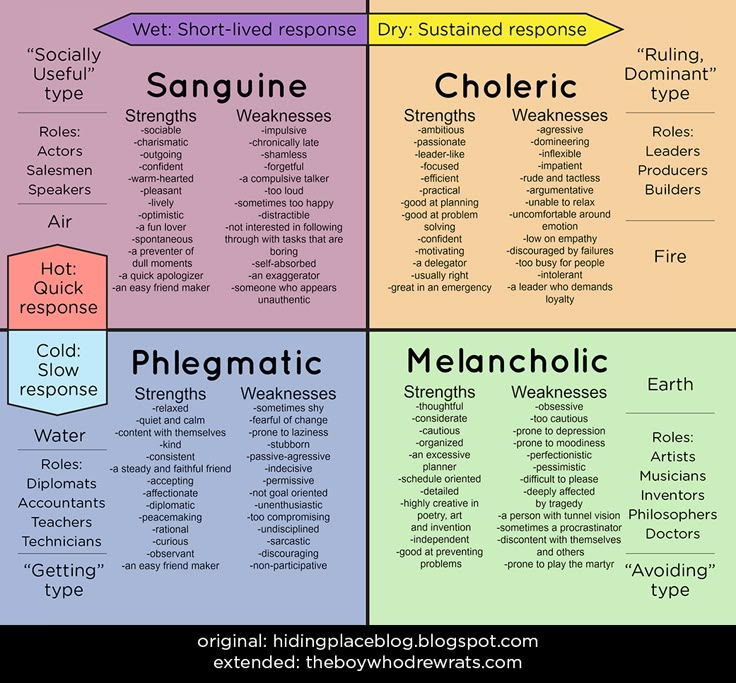 They can be combined into tests-connections to solve individual / unique tasks of the Customer's assessment.
They can be combined into tests-connections to solve individual / unique tasks of the Customer's assessment.
Universal
Special
Motivation
Personality
Intelligence
Safe behavior
Management potential
Sales
Software Solutions
Maintest Offline
• Testing respondents without Internet connection
• Up to 40 simultaneous testing sessions
Read more
Maintest Online
• Conducting tests and working with results wherever there is Internet access
• Sending invitations to respondents
• Monitoring of the testing process in real time
• Customization of report design and test player
Learn more
Integration with Maintest Online
• Setting up integration via open API
• Integrated with SAP, WebSoft, Mirapolis and other HRMS
Learn more
Maintest Pro
• All features of Maintest Online
• Creation of knowledge tests in express editor
• Job analytics
More details
nine0002 ClientsI agree to the processing of personal data
Request a call
Test Builder | Online Test Pad
A simple and convenient service for creating tests and testing.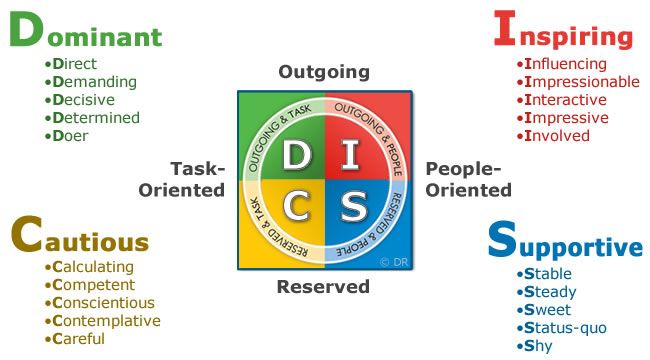
Features
Flexible test settings
The test designer provides a large number of different test settings. You can quickly and conveniently create a truly unique test for your goals and objectives. nine0003
17 question types
Single selection (+ scale), multiple choice (+ scale), number input, text input, free form answer sequencing, matching, filling in the blanks - (numbers, text, list), interactive dictation, consecutive exclusion, slider (slider), file upload, service text. nine0003
4 result type
For each test, you can create results of the type psychological test, personality test, educational test.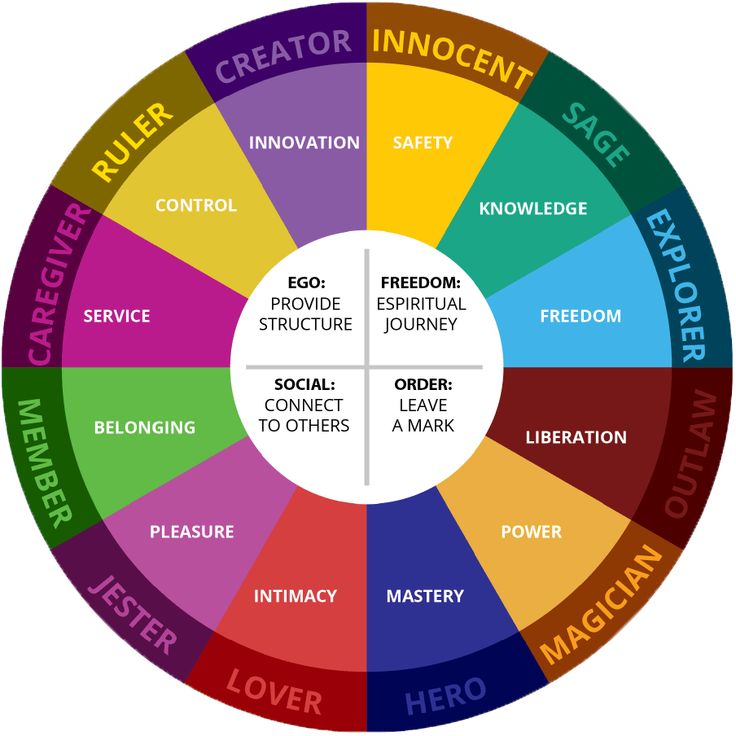 The "Professional setting of scales" of the test is available for you so that you can implement almost any logic for calculating the result.
The "Professional setting of scales" of the test is available for you so that you can implement almost any logic for calculating the result.
Convenient statistics tool
You can view each result, statistics of answers and points scored for each question, statistics for each result. In tabular form, all results, registration parameters, answers to all questions that you can save in Excel are presented. nine0003
Styling and branding
Extensive options for controlling the appearance of the test (color, font, size, padding, borders and more) with the ability to add your own brand logo.
Convenient on all devices
The interface for passing tests is adapted to any screen size. It is convenient to take tests both on personal computers and on tablet and mobile devices. nine0003
Ways to access the test
Main link
Your test is always available through the main link.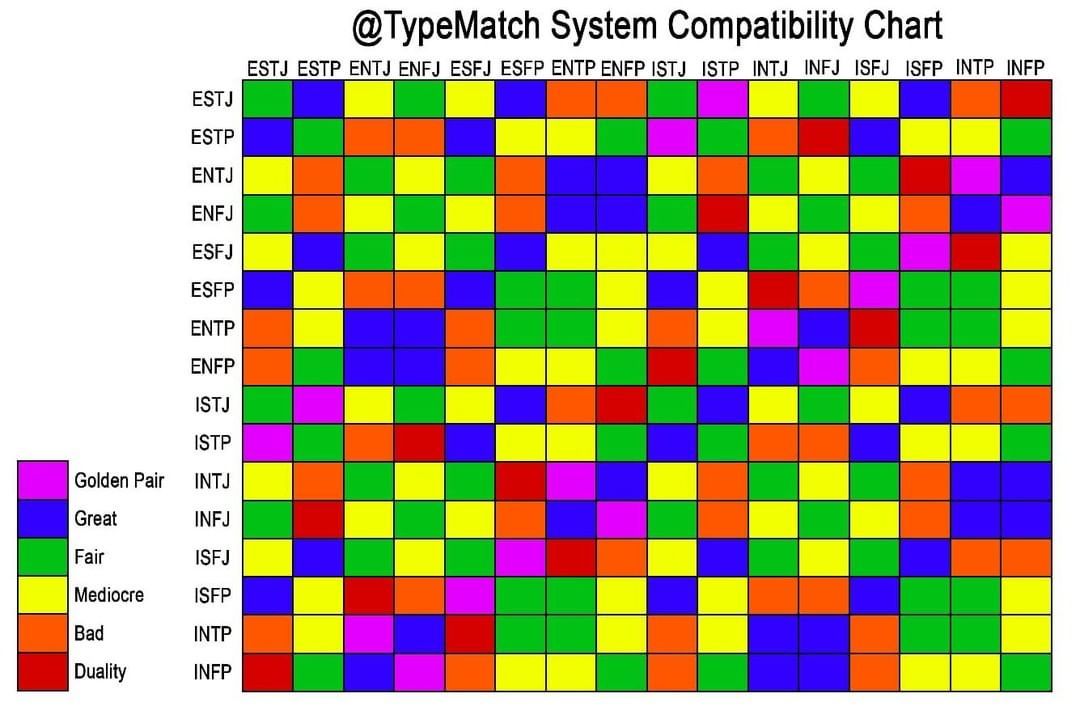 This link is almost impossible to pick up, so only those to whom you send this link will pass the test.
This link is almost impossible to pick up, so only those to whom you send this link will pass the test.
Widget for the site
Special html-code that will allow you to embed the test on your own site, blog, forum.
Public Publishing
You can publish your test to the public on our website in the appropriate category. Any of our users can pass your test.
Invitations
With invitations, you can form groups of your users and send them an email invitation with a personalized link to take the test.
Test settings
- Adding description and instructions to the test. nine0176
- Adding a registration form to a test with parameters such as gender, date, number, string, numeric list, custom list.
- Changing the text of the buttons "Back", "Next", "Finish".

- Adding information on the author of the test and the source with the possibility of specifying a link. nine0176
- Enable / disable display of question numbers, progress bar of answers to questions.
- Setting a mandatory answer for all test questions, as well as for a single question.
- Shuffle questions and/or answer options randomly. nine0176
- Setting a limit on the selection of test questions for passing.
- Turn on the display of the test completion time.
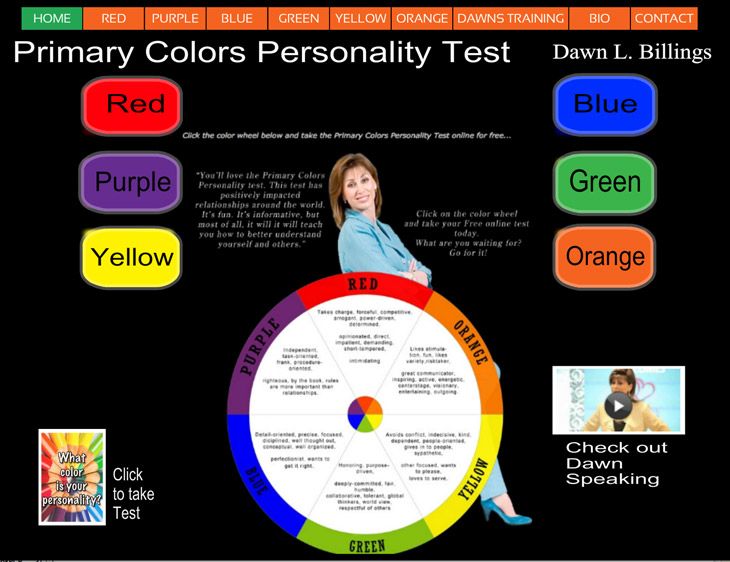
- Setting a time limit for passing the test, as well as for answering a single question. nine0176
- Export test to pdf file and html file.
- Setting the language of the test: Russian, Ukrainian, English.
Question editor
- Editing a question in a convenient interface with instant preview. nine0176
- Customize question text formatting with the ability to add image files and formulas.
- Set the required number of points for each answer option.
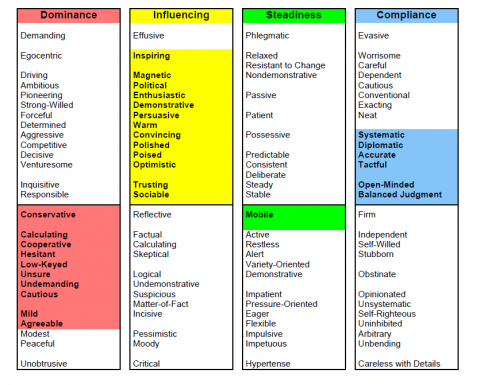 Flexible scoring settings for each question type.
Flexible scoring settings for each question type. - Changing the graphical display options of the question. nine0176
- Adding a comment to a question.
- Ability to copy a question within a test, as well as copy questions from other tests.
- Move questions with the mouse. nine0176
- Changing the order of displaying answer options: vertically, horizontally (+ in the center), a table from 2 to 7 columns.
- Sets the general text for questions, which is added once and displayed for the selected questions.
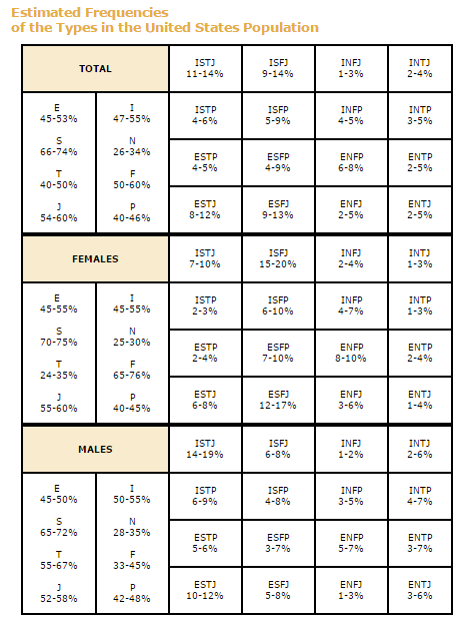 nine0175 Setting up groups of questions with the possibility of flexible selection of questions for passing: mixing and random selection of a limited number.
nine0175 Setting up groups of questions with the possibility of flexible selection of questions for passing: mixing and random selection of a limited number.
Test result
- Psychological test - determination of the total number of points for the answers or the serial number of the answer option that was chosen the most. Adding a text transcript of the result with the ability to add an image. nine0176
- Personality test - each answer option is compared with a certain text transcript and the prevailing one is selected.
- Educational test - calculation of the number of points scored for correct answers and the percentage of the maximum that can be scored for correct answers to all questions is calculated.
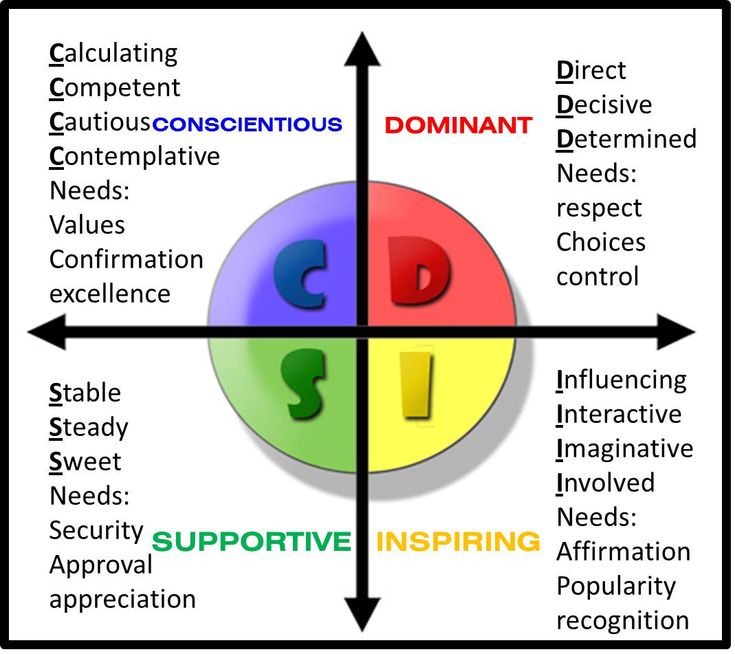 nine0176
nine0176 - Professional scale settings is a tool for implementing complex logic for calculating test results: 14 types of scales, plotting a graph based on test results, customizing result formatting.
- Enabling / disabling the display of answers to questions, correct answers. nine0176
- Displaying the rating of results, statistics of answers and results.
- Issuance of a certificate with the ability to replace the image and configure additional blocks.
Test statistics
- Graphical representation of the number of test passes by day.
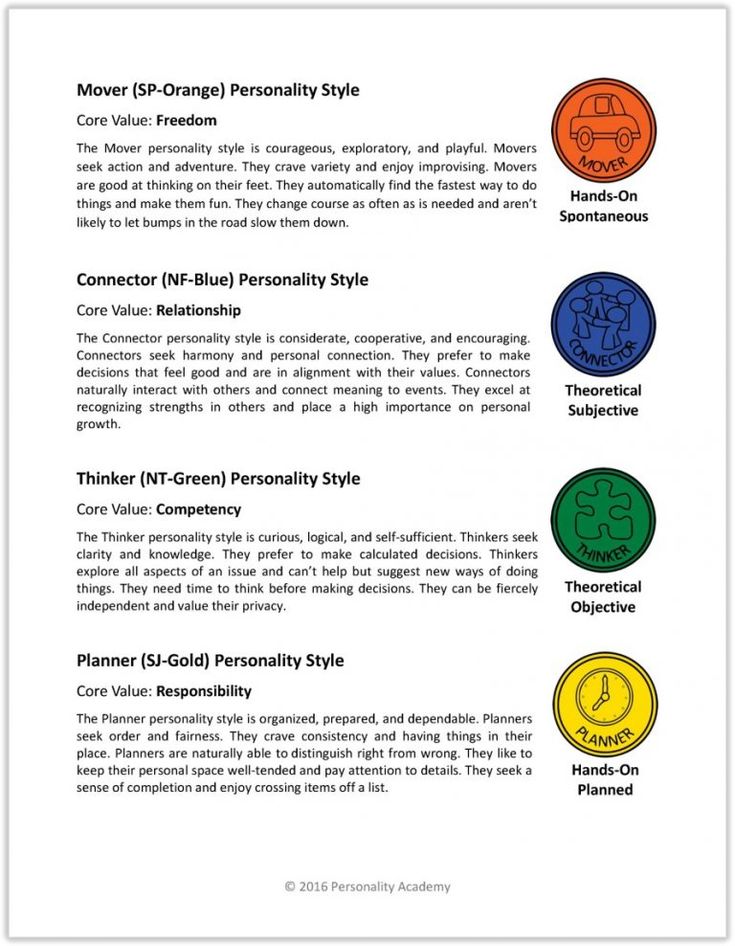 nine0176
nine0176 - Statistics on individual answers with display of correct/incorrect answers.
- Statistics of answers to each question in tabular and graphical representation. Save the graph as an image.
- Tabular presentation of test results, registration parameters and additional data (username, IP, date and time). Possibility to save this data in Excel (csv file format). nine0176
- Tabular presentation of summary data: registration parameters, test results, answers to all test questions. Possibility to save this data in Excel (csv file format).
Test access
- Quick test status setting Open - Closed.
 nine0176
nine0176 - Setting a code word for passing the test.
- Set the time interval for passing the test.
- Setting restrictions on the passage of IP and / or Cookies. nine0176
- Enable notifications of new results.
- Creating a widget for the site with customization of appearance.
- Publication of the test in the public domain on the site indicating the test categories and topics. nine0176
All our services are provided by absolutely free of charge !
and will be available to you after registration
Register Now
or
sign in
Video tutorials
Watch video tutorials on creating tests.